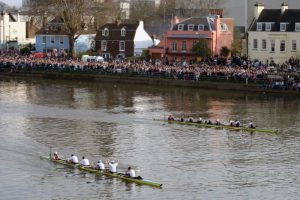 The weekend just passed saw the occasion of the one hundred and sixty third University Boat Race between Oxford and Cambridge on the Tideway in London. Long having been a follower of the event (at which for entirely spurious reasons I always cheer for Oxford) this year’s late start – determined naturally by the tides – meant that I was able to watch the BBC coverage of the race live from the other side of the world. It was a good tight race which Oxford deservedly won, but they were pushed all the way by the heavier Cambridge crew.
The weekend just passed saw the occasion of the one hundred and sixty third University Boat Race between Oxford and Cambridge on the Tideway in London. Long having been a follower of the event (at which for entirely spurious reasons I always cheer for Oxford) this year’s late start – determined naturally by the tides – meant that I was able to watch the BBC coverage of the race live from the other side of the world. It was a good tight race which Oxford deservedly won, but they were pushed all the way by the heavier Cambridge crew.
I must confess to a twinge of nostalgia whilst viewing the race. The school by which I was employed immediately prior to retirement lies on the banks of the Thames on the Surrey side of the boat race course. Reference thereto is made habitually during the BBC race commentary, particularly in years in which some alumnus of the establishment is himself taking part in the contest.
The TV coverage this time around afforded a fleeting glance of the ongoing building works at the School, showing it already to have been transformed from the place that I knew to somewhere considerably more remote. Such things are – of course – ever thus…
The best way to watch the Boat Race – by the by – is probably by staying at home and following the TV coverage. An event that takes place at reasonably high speed over a four mile course gives little opportunity for involvement on the part of the spectators who are actually present – and unless they have had the foresight to have provided themselves with some means of following the commentary (by radio or on the InterWebNet) they stand little chance of knowing what transpires whilst the competitors are out of their sight.
Those of good fortune might find themselves invited to a gathering in one of the buildings that flank the river. Should the hosts have provided large screen TVs, a copious supply of ‘Harry Champers‘ and what Canadians call ‘Appies‘, one can amuse oneself by getting gently plastered whilst following the build up to the main event – rush out onto the balcony to watch the eights fly past – then back in again to see how it all turns out in the end.
My best viewing experience – however – came about back in the late 80s through having a dear friend whose sister was that year the cox of the Oxford boat. My friend – being a lady of ferociously single mind – determined that we would watch the race from beyond the finish line – in the boathouse at which the Oxford crew would disembark after the event. She swept past the security proclaiming that she was the cox’s sister and we camp-followers stumbled along behind crying “We’re with her…!”. We watched on the big screen as our friend’s equally ferocious sister bullied the Cambridge cox out of the race before rushing down to the foreshore to cheer crew and cox as they landed in triumph.
Happy days!


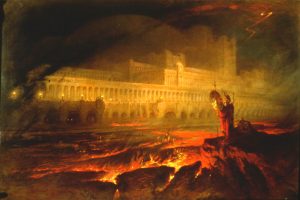





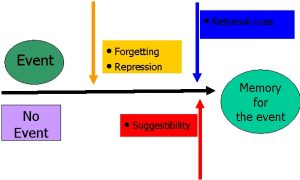
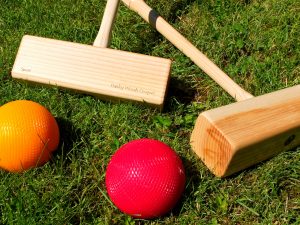

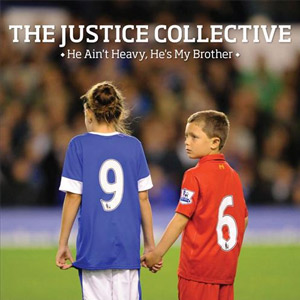

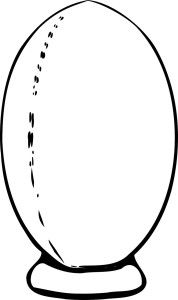



Recent Comments